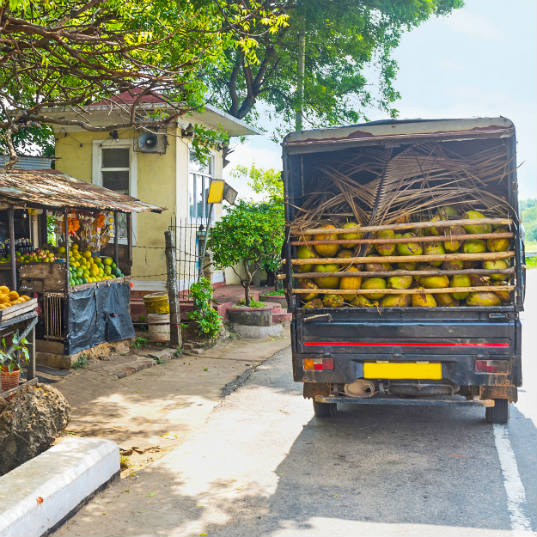Responsible consumption and the benefits of local consumption
Responsible consumption helps reward fair and responsible models of production
As consumers, we have much more power than we realize. So much, it could be said that every day we vote by what we buy, as if purchasing was a political choice. In what way is this true? Specialized consumer affairs journalist Brenda Chávez, author of the book Your Consumption Can Change the World, explains that: “Through our consumption, we are able to reward fair and responsible models of production. Voting is something we do every few years but buying is something we do every day. We give our money to a string of companies and at times this money benefits productive systems which, if we knew what kind of norms they operate by, we would probably think twice about it.”
What is a responsible consumer?
Boiling it down, the responsible consumer could be defined as someone who is conscious of their consumption habits and who chooses to have, even demands, a more positive impact on society and the environment from the producers of goods and services. In this way, according to the magazine Ethical Consumer, the profile of the responsible consumer is determined by five factors. He or she helps by:
- Reducing consumption
- Being more active
- Consuming local products and contracting local services, as well as secondhand products
- Keeping and investing their money in an ethical bank
- Reusing, repairing and recycling.
One of the factors that notably influences this kind of responsible consumption is proximity, also called local consumption. It is often heard that local consumption has environmental, social and economic benefits, but what are those benefits? By buying from local producers who respect the environment and labor conditions, why are we supporting sustainable development?

The environmental benefits of local consumption
The main environmental benefits of local consumption are energy saving and the reduction of greenhouse gas emissions, given that the means of transporting the products from far-off places generate more emissions. Likewise, it cuts back on packaging because a product that does not travel so far does not needs so much protection. Also, as concerns food, the consumption of seasonal products favors the local economy and reduces imports of products and their corresponding transportation.
Socioeconomic benefits of local consumption
Product traceability is much simpler when bought locally than when that product comes from another part of the world. As such, it is much more likely that workers’ rights and workplace standards have been respected in its creation, cultivation, production, treatment, transformation, storage, sending, etc.
Consuming local products helps the economy in the area: a euro spent on local products generates double for the local economy. Also, if local producers gain from their work, they will continue to generate wealth and jobs in the community.
The market also benefits, since it creates a gap for smaller competitors, which results in a better offer and eventual lowering of prices and greater accessibility for users and consumers.
Although the responsibility of achieving a more sustainable world does not fall only on the shoulders of consumers, their role and possibilities for influencing fair and responsible productive models makes a big difference in bringing about global sustainable development.
Sources: Economistas Sin Fronteras, Sabe la tierra, Soziable, Priégola and Buulbox.







